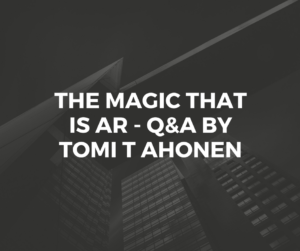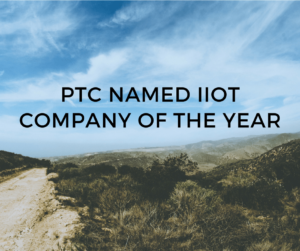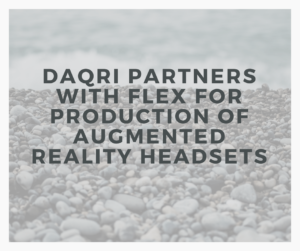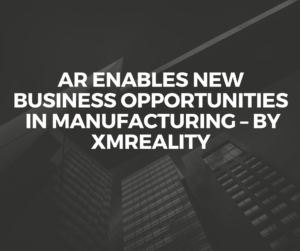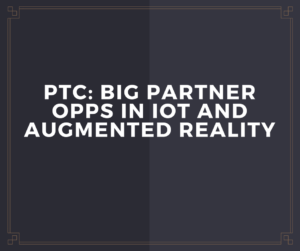Upskill Unveils GE Aviation Smart Glasses Pilot Featuring Glass Enterprise Edition
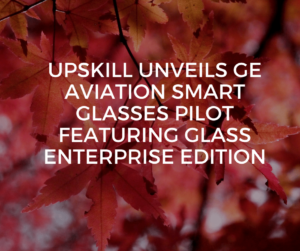
AREA member Upskill announced another successful pilot at GE Aviation using the company’s Skylight platform on Glass Enterprise Edition.
In a press release on Prnewswire.com Upskill announced that this new use case, combined with significant growth in AR and assisted reality implementations across GE, Boeing and many other customers worldwide, is a testament to the immediate return on investment companies in the industrial sector see after deploying Skylight on Glass.
Jay Kothari, Project Lead, Glass said; “Our customers’ success is a direct result of Upskill’s longevity as a Glass Partner dating back to the Explorer Program. Upskill saw the potential for Glass in the workplace early on and has successfully deployed Glass across a range of businesses to help people be more effective and efficient at their jobs,”
Upskill CEO and co-founder Brain Ballard commented, saying; “It is exciting to now have Glass available to enterprises who understand the value of how wearables and industrial IoT can transform a business today. Now, more than ever, organizations can confidently invest in smart glasses to drive meaningful impact and get the most out of their investments towards digital transformation.”
The article discusses how these smart glass implementations span a wide range of use cases across GE Businesses—from topbox cabinet wiring, to warehouse picking and kitting, to field repair and maintenance. In the case of GE Aviation, age-old tools are now becoming connected, and interacting digitally with people who build and repair aircraft engines. Mechanics tested Skylight on Glass combined with a WiFi-enabled torque wrench to optimally tighten bolts while performing routine assembly and maintenance tasks.
To view the new case study click here.
